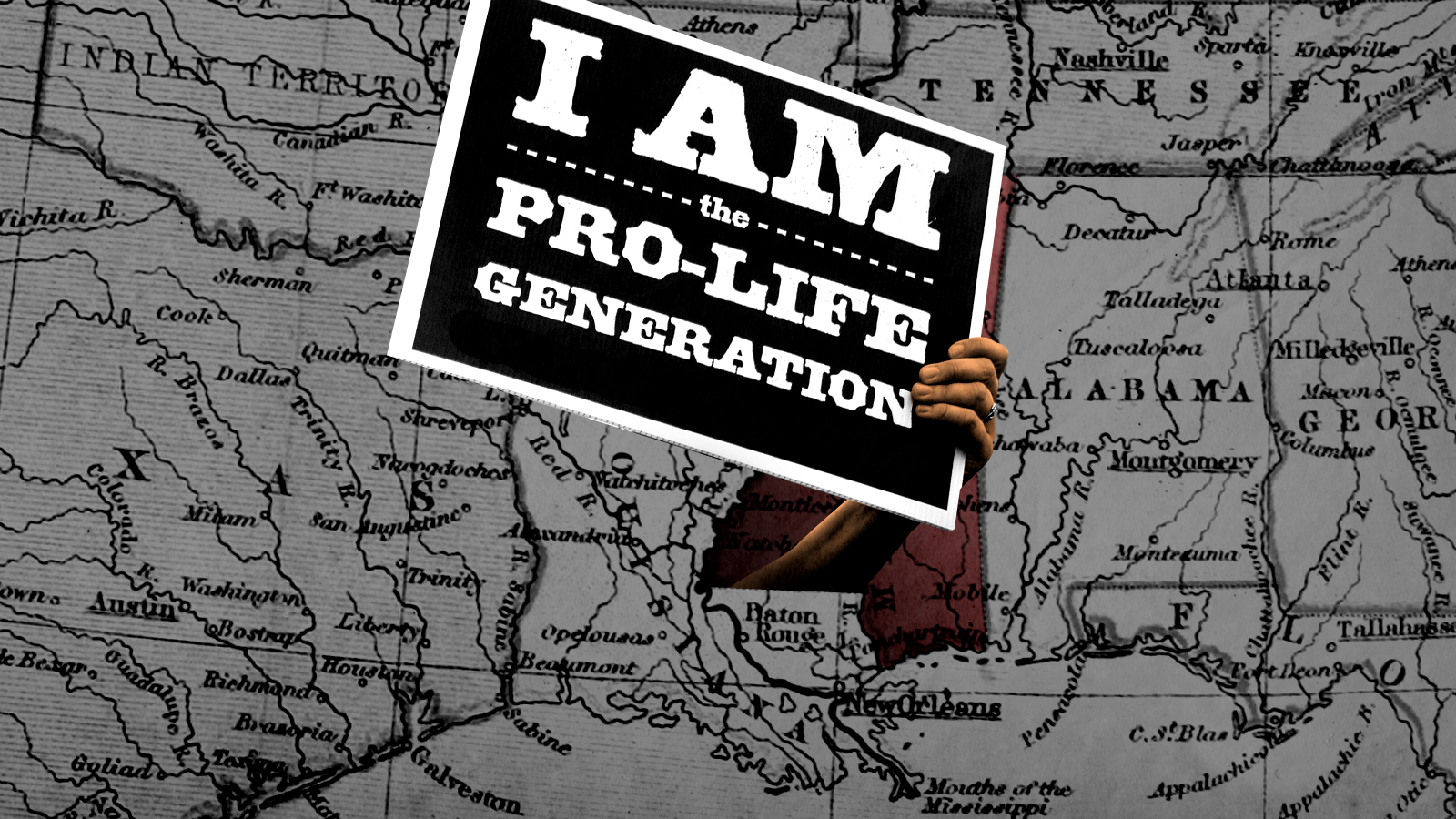The Texas abortion ruling is a sideshow in a much more consequential battle


A free daily email with the biggest news stories of the day – and the best features from TheWeek.com
You are now subscribed
Your newsletter sign-up was successful
Texas' abortion law is a legal monstrosity, but it's not the future of abortion-related lawmaking in the United States. Which means Friday's Supreme Court ruling allowing that state's abortion providers to challenge the law is interesting — the court declined to block enforcement of the law while challenges proceed — but it probably doesn't matter all that much for the future of abortion rights.
Why? The Texas law is a workaround, and pro-life lawmakers soon won't need a workaround in order to restrict women's reproductive rights.
For the last half-century, states have been prevented from banning or too greatly restricting abortions because of Supreme Court rulings in Roe v. Wade and Planned Parenthood v. Casey. Texas officials got around those precedents by crafting their law to be enforced in civil courts by private citizens, letting anybody sue people who perform or aid in abortions. Neat trick, right?
The Week
Escape your echo chamber. Get the facts behind the news, plus analysis from multiple perspectives.

Sign up for The Week's Free Newsletters
From our morning news briefing to a weekly Good News Newsletter, get the best of The Week delivered directly to your inbox.
From our morning news briefing to a weekly Good News Newsletter, get the best of The Week delivered directly to your inbox.
But the court's 6-3 conservative majority probably soon will overturn (or perhaps merely gut) Roe in a Mississippi case that takes direct aim at those precedents. That will allow red states to ban or restrict abortion directly instead of resorting to legal magic tricks. And that's pretty clearly the direction pro-life activists would rather take.
The Texas law "was born of frustration, out of almost 48 years of not being able to enforce anything," Marjorie Dannenfelser, president of the Susan B. Anthony List, a pro-life advocacy group, told the New Yorker this week. "It's hard for me to imagine that in the future, past the Mississippi decision, that same type of law with that type of enforcement mechanism would be necessary." She added: "Far and away, the big win is to have Mississippi upheld, Roe overturned, and then we go back to traditional enforcement. I would never have chosen the heartbeat bill in Texas."
That doesn't mean that the Texas law should be left in place, of course. In her dissent from today's ruling, Justice Sonia Sotomayor neatly summed up what makes the law so unjust: not just that it bans abortion, and not just that it evades the Constitution and federal supremacy, but that it so firmly puts its thumb on the scales of justice. It lets plaintiffs sue in any Texas county they choose "even if that county has no relationship to the defendants or the abortion procedure at issue." It gives those plaintiffs veto power over change-of-venue requests. It guarantees attorney's fees when plaintiffs win, but it denies them to providers that successfully defend themselves, "so they must finance their own defenses no matter how frivolous the suits." The effect is to give pro-life activists an unusual and unfair home-court advantage.
Those provisions are so outrageous it's possible that even a conservative-majority Supreme Court might eventually rule them out of bounds and discourage other states from passing similar laws. By the time that happens, though, Roe probably won't exist in any meaningful sense. In the battle for the future of abortion rights, the Texas law is a sideshow.
A free daily email with the biggest news stories of the day – and the best features from TheWeek.com
Joel Mathis is a writer with 30 years of newspaper and online journalism experience. His work also regularly appears in National Geographic and The Kansas City Star. His awards include best online commentary at the Online News Association and (twice) at the City and Regional Magazine Association.
